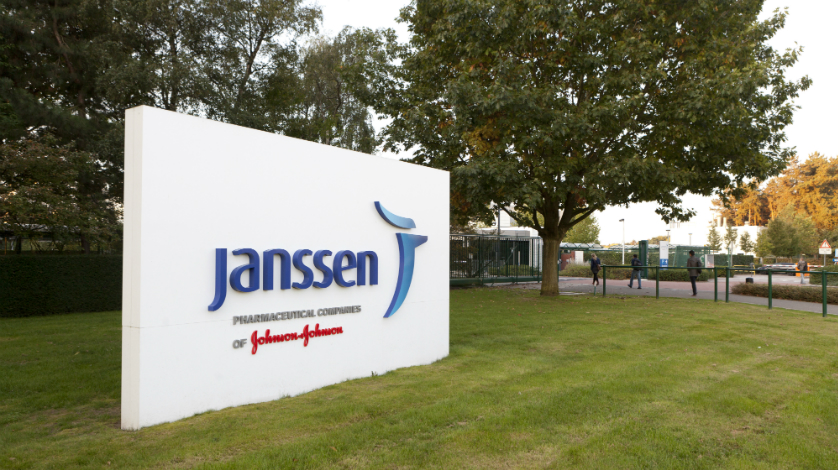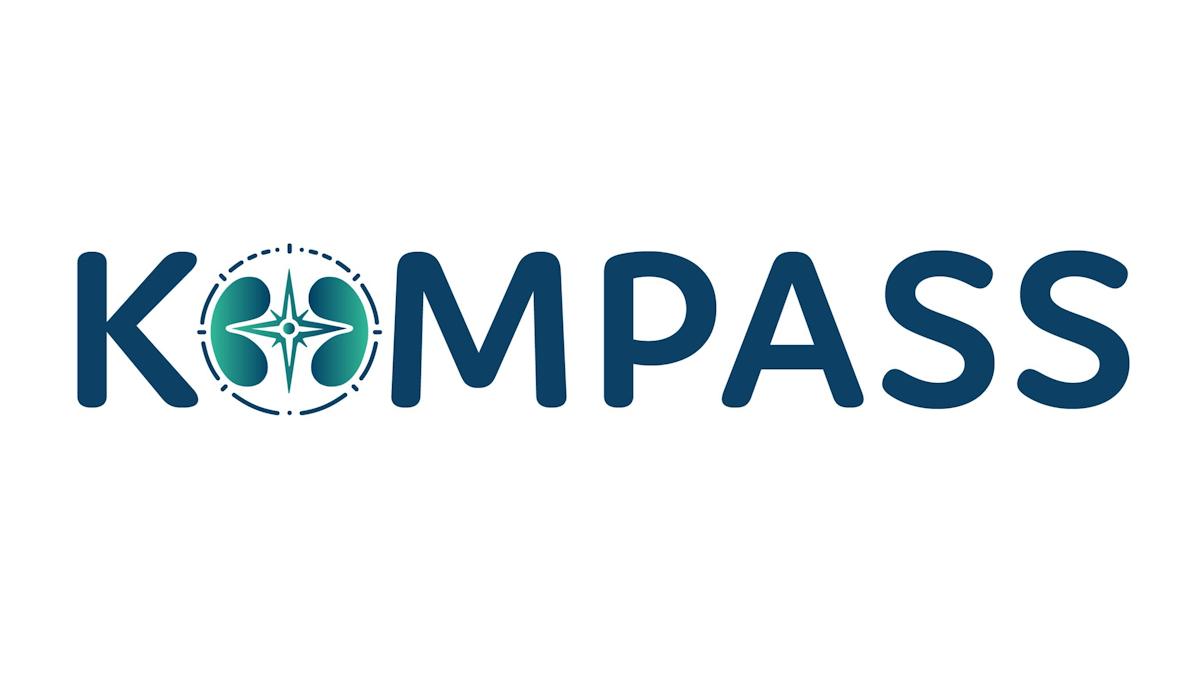Janssen taps wearable tech in Invokana heart failure trial

Janssen’s Invokana is playing catch-up in the emerging heart failure market for SGLT2 inhibitors, but hopes a real-world trial that will draw on smartphone and wearable tech could narrow the gap.
The company – part of Johnson & Johnson – says that the CHIEF-HF study will be the first “completely decentralised, mobile, indication-seeking clinical study” with no need for patients to visit clinics.
CHEF-HF will enrol patients with and without type 2 diabetes and heart failure, to see whether treatment with Invokana (canagliflozin) can improve their quality of life compared to placebo in participants with either preserved ejection fraction (HFpEF) or reduced ejection fraction (HFrEF) heart failure.
The new study will build on data showing that SGLT2 inhibitors have the potential to be a new class of therapy for patients with symptomatic heart failure but no diabetes.
Updated labeling for Invokana has already been approved to include data showing that it can reduce the risk of hospitalisation for heart failure and diabetic kidney disease in patients with type 2 diabetes, based on the CREDENCE trial.
AstraZeneca also has a similar indication for its Farxiga/Forxiga (dapagliflozin) rival based on the DECLARE-TIMI 58 trial, and recently filed for FDA approval of a label update that would expand its use into HFrEF and HFpEF patients with or without diabetes, based on the DAPA-HF and DELIVER trials.
Meanwhile, a fast-track FDA review is ongoing of Eli Lilly/Boehringer Ingelheim’s Jardiance (empagliflozin) for the reduction of the risk of cardiovascular death and hospitalisation for heart failure in diabetic and non-diabetic patients with HFpEF and HFrEF based on the EMPEROR trials programme.
With CHIEF-HF, Janssen is taking a different approach with a new, virtual trial design that it hopes will allow medicines to be brought to market quicker and more cheaply.
“Traditional clinical trials are undeniably essential in medical research but are often long and costly,” said J&J’s chief scientific officer Paul Stoffels.
“Through the CHIEF-HF study, we are exploring how we can harness technology that consumers already have at their fingertips, including smartphones and wearable devices, to change this paradigm,” he added.
The company has been an early adopter of wearable technology in trials, starting a trial with Apple earlier this year – called HEARTLINE – that will explore whether the Apple Watch device’s electrocardiogram (ECG) capability can accelerate the diagnosis of atrial fibrillation (AFib) and improve health outcomes.
In the CHIEF-HF trial, investigators will study participant-reported outcomes through app-based clinical questionnaires, as well as physical activity data from their smartphone and wearable device, including daily step count and stairs climbed. The study is expected to enrol 1,900 individuals in the US.
Invokana was the first SGLT2 inhibitor to reach the market for diabetes after it was cleared by the FDA in 2013, and sales accelerated to a peak of nearly $1.4 billion in 2016 before the product was linked to an increased of lower limb amputation.
The drug promptly went into reverse, with sales falling to just over $880 million last year, and continued to slide in the first nine months of 2019 with a 15% fall to $558 million.
At the same time, sales of Jardiance and Farxiga have been rising strongly on the back of new clinical outcomes data, although the market could be shaken up next year when the main US patent for Farxiga expires.













